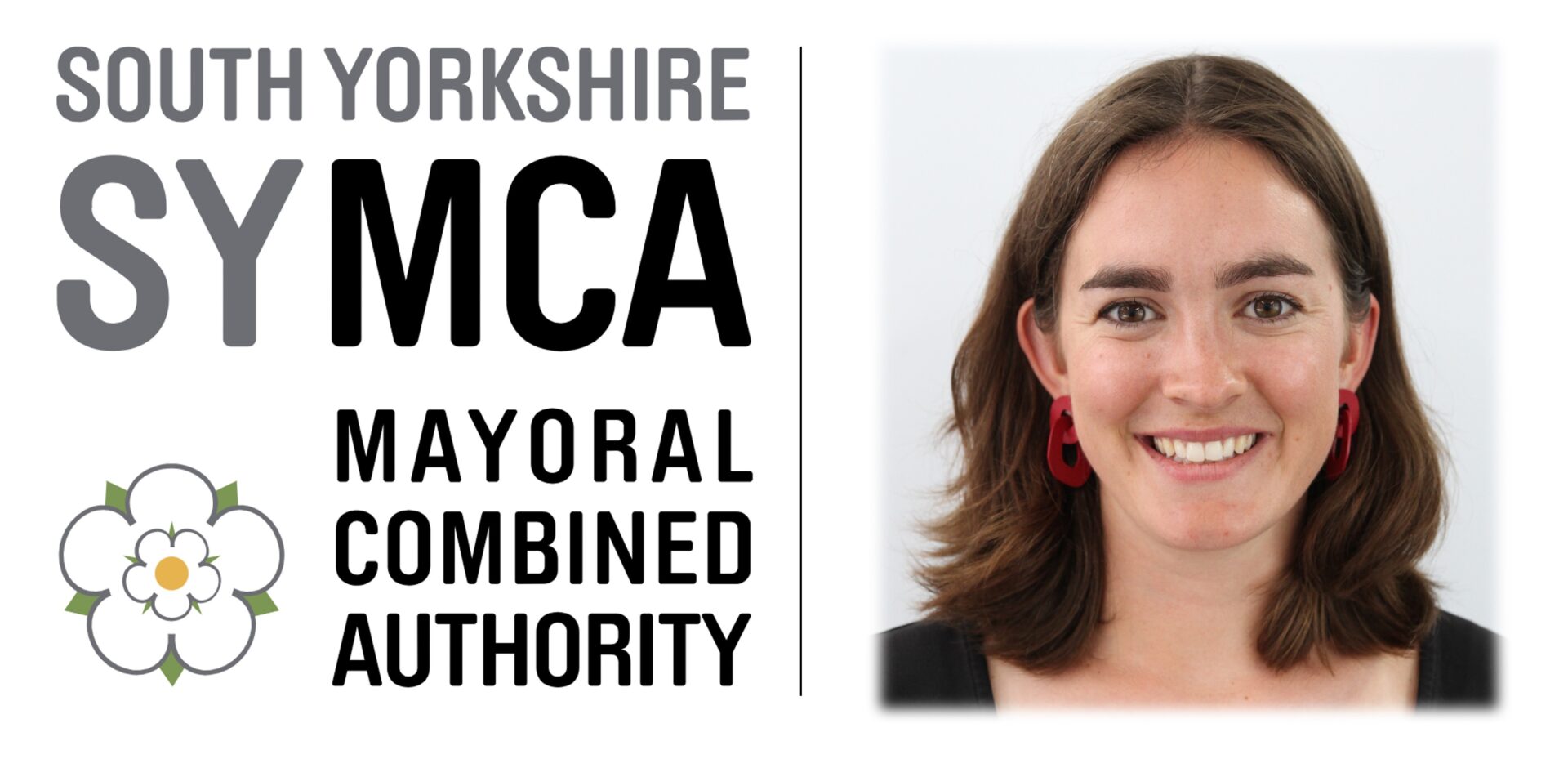This blog by Alice Rubbra, an officer of South Yorkshire Mayoral Combined Authority, follows a discussion between herself and Y-PERN Policy Fellows on how research can translate into policy development and delivery.
If you were asked how academic research influences policymaking in government bodies, you might imagine a clear line of knowledge transfer from the researcher developing their proposal and conclusions to the policymaker then taking and building this knowledge into policy and programme design, delivery, and evaluation.

Theory – so it goes – never fully aligns to reality.
But that does not always mean policymakers and researchers alike are simply failing to live up to an ideal. It may also be that we underplay the range of ways in which research can influence and strengthen public service.
Good or bad, these are three of the ways in which I’ve seen academic research intersect with policymaking:
1. Loaning a skillset
The interaction between a policymaker and a researcher does not need to be limited to the transfer of their research into programme design. Often researchers have a skillset which can itself be transplanted into a public organisation, as seen through the seconding of YPERN policy fellows into Mayoral Combined Authorities (MCAs).
This is particularly helpful for public organisations which are growing or transforming – such as MCAs – and are building capability in a certain area such as data analysis. The loaning or seconding of researchers allows organisations to access a skillset that they need more of, whilst also providing the secondee first-hand experience as to how policy is designed and delivered.
2. Knowledge-sharing not specific to a policy/programme
It is rare that you can draw a clean line between a research paper and a subsequent policy. The impact of research is often much subtler and more implicit. It is often reliant on the researcher building a working relationship and trust with policymakers.
After all, this is about the transfer of knowledge between people and people often look for signals – such as the reception of previous work and scope of their professional network – for whether to engage with a research proposal.
The role X (formerly Twitter) has played in moving pro-development attitudes from sideline groups into mainstream political discussions is a great example of the snowball effect of researchers engaging with other researchers, think tankers, political staffers etc. all building consensus on policy proposals.
Platforms or fora which deepen connections between policymakers and researchers – and remove barriers to engagement by encouraging any knowledge shared to be accessible and applicable to real life policy problems – increase the chance of researchers building ideas into public service improvement.
However, there is an obvious, glaring flaw in this being an implicit but important way in which research influences policymaking. It is reliant on people building relationships and people have biases, blind spots, and egos.
Whilst these platforms and fora are critical to knowledge transfer, it is important for policymakers to reflect on where they are obtaining knowledge from. If they see consensus building around certain policy ideas, challenge where this has come from and what the underpinning biases and blind spots are.
Creating structured processes, through which policymakers are incentivised to reach out to a more diverse academic community, could also offset some of the risk of more subtle, implicit methods of influencing.
3. Directly shaping policies and programmes
Of course, the theory does sometimes play out. Researchers are asked to help design and then implement and evaluate policies and programmes. A line is drawn between a proposal and then what is delivered.
But it is hard to judge when this will happen and how this will happen.
The political cycle, the fiscal cycle and just the daily cycle of ‘events’ mean policymakers can start and stop engagement, ideas might not make it to the finish line of delivery or there may be sensitivities around what they can engage researchers on, when.
When researchers are engaged, the policy or programme might be far down the development line towards delivery with the politician or organisation head having already agreed the outcomes of the project. The researcher must therefore work within a framework that has already been set.
This is where I’ve seen some researchers struggle, as the instinct can be to go back and retest the root cause or principles driving the policy and the policymakers are moving on to designing and delivering a service within the framework given. Similarly, lack of understanding of how policy is delivered (how funding decisions are signed off, how legal teams are engaged etc.) can also trip up researchers in effectively engaging policymakers and vice versa.
Where researchers are cognisant of the big P and little p politics surrounding policy design and delivery, where they understand the constraints (and opportunities) they are working within, then there is greater chance for effective working to improve public service. Again, loaning or seconding of researchers into organisations can go some way to meeting this challenge. As well as using platforms to share their ideas, researchers should also see this as their opportunity to obtain information about organisational priorities and governance which will help build understanding of how policy gets designed and implemented.
Concluding reflections
When it comes to influencing policy, it is hard to be purist. Ideas do not seamlessly slip off bookshelves and into programme design. But that’s not to say knowledge transfer between academic research and organisations overseeing public policy is a lost cause. Rather, academic researchers and policymakers should be aware of the whole playbook available to share and implement ideas on public service improvement whether through direct (secondments, loans or advising on a policy/programme) or indirect engagement (sharing ideas through platforms or fora). This includes being aware of the drawbacks of each approach and what it means to do each well.
Alice is currently Head of Growth and Skills Policy at South Yorkshire Mayoral Combined Authority. Her background is in skills and labour market policy, having previously worked for the Department for Education and HM Treasury. She also sits on the Y-PERN Strategic Advisory Board.



